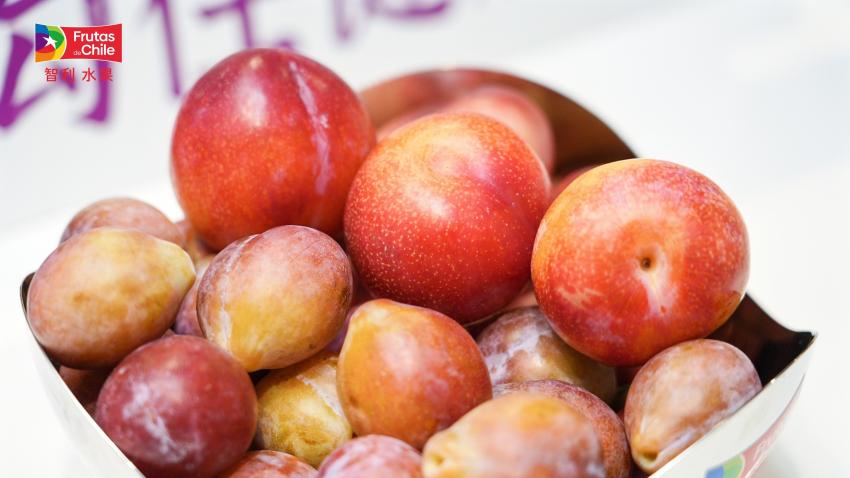You are here
Back to topFresh Chilean Peaches and Apricots Granted China Market Access

During the recent state visit to China by Chilean President Gabriel Boric, the two sides signed a phytosanitary protocol for the import of fresh Chilean stone fruit into China. On Oct. 23, the General Administration of Customs of China issued an announcement via its website stating that fresh Chilean stone fruit meeting the stipulated phytosanitary requirements would be permissible for import.
The stone fruit items eligible for import include nectarines, peaches, apricots and plums. These fruits must originate from orchards located between the Coquimbo Region and the Araucanía Region, including those in the Metropolitan Region and the Ñuble Region. According to a news report on the official website of the Chilean Fruit Exporters Association (ASOEX), GACC inspectors are scheduled to conduct a technical visit to the producing regions in Chile in November. Assuming that these inspections proceed smoothly, exports are expected to commence as early as this season.
According to the GACC announcement, China has identified a total of 19 quarantine pests of concern. These include the Mediterranean fruit fly (Ceratitis capitata), goatsbeard aphid (Brachycaudus tragopogonis), codling moth (Cydia pomonella), apple mussel scale (Lepidosaphes ulmi), European pear scale (Epidiaspis leperii), European grapevine moth (Lobesia botrana), Fuller rose beetle (Pantomorus cervinus), black peach aphid (Brachycaudus persicae), black flower thrips (Frankliniella australis), Chilean fruit tree leaf folder (Proeulia auraria), malicious moth (Proeulia chrysopteris), plum pox virus, prunus necrotic ringspot virus, tomato ringspot virus, tomato black ring virus and several other plant pathogens (Phytophthora syringae, Verticillium dahliae, Monilinia fructicola and Stigmina carpophila).
The phytosanitary protocol outlines specific requirements for orchards intending to export fresh stone fruit to China, which include strict adherence to good agricultural practices and integrated pest management techniques. Prior to harvesting, orchards must conduct pesticide residue analysis to ensure that the fruits destined for China comply with Chinese national food safety standards.
With respect to the processing and packaging procedures, packaging facilities and cold storage areas must be duly registered and authorized by Chile’s Agricultural and Livestock Service, while maintaining high hygiene standards. Prior to packing, nectarines and peaches should undergo thorough washing and treatment with post-harvest disinfectants. However, in the case of apricots, plums, and specific varieties of peaches and nectarines, which cannot be washed on account of their inherent characteristics, post-harvest washing and disinfection are not required.
All stone fruit items intended for export to China from Mediterranean fruit fly control regions must be subjected to cold treatment, which should be conducted under the supervision of Agricultural and Livestock Service officials or authorized agents. The cold treatment may be carried out either prior to export or during transportation, with the fruit maintained at a core temperature of 0.5 degrees Celsius or below for a minimum of 15 days.
Chilean stone fruit items that had previously gained access to the Chinese market include nectarines and plums. In the 2021/22 season, Chilean stone fruit exports to China exceeded 119,000 metric tons, with D’Agen sugar plums totaling 84,451 metric tons and nectarines making up the remainder. With the recent addition of peaches and apricots to the list, it is expected that Chilean stone fruit exports to China will reach new heights in the years to come.
Image: ASOEX
This article was based on a Chinese article. Read the original article.













Add new comment